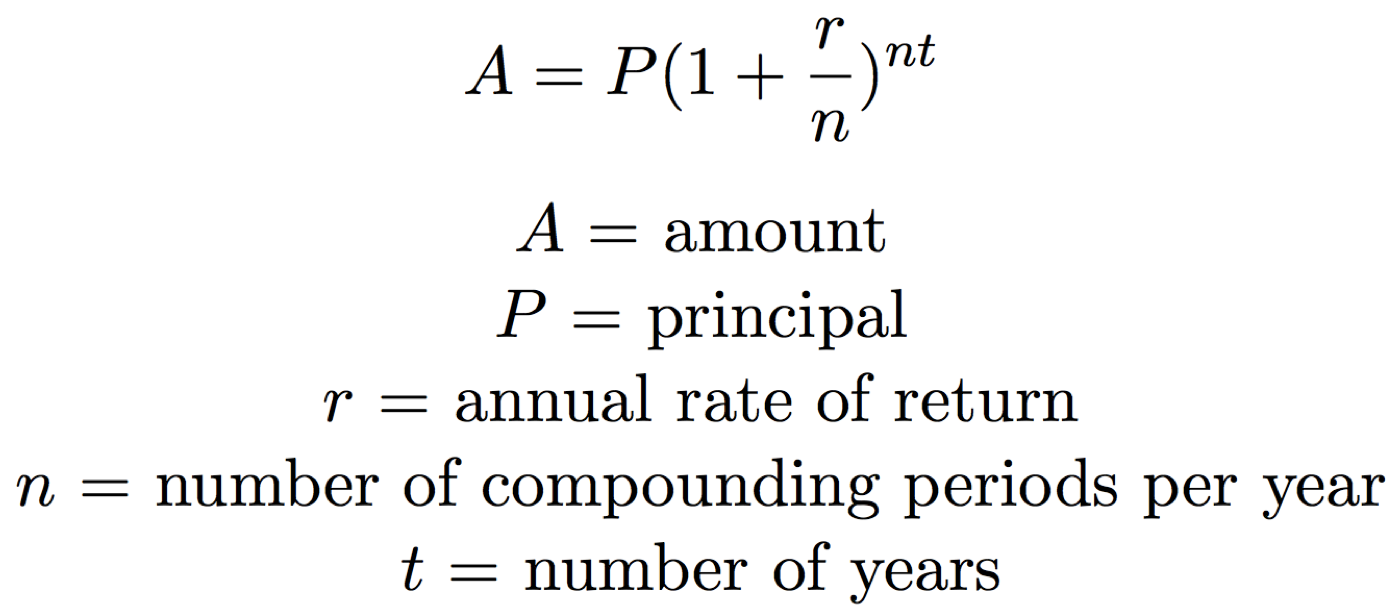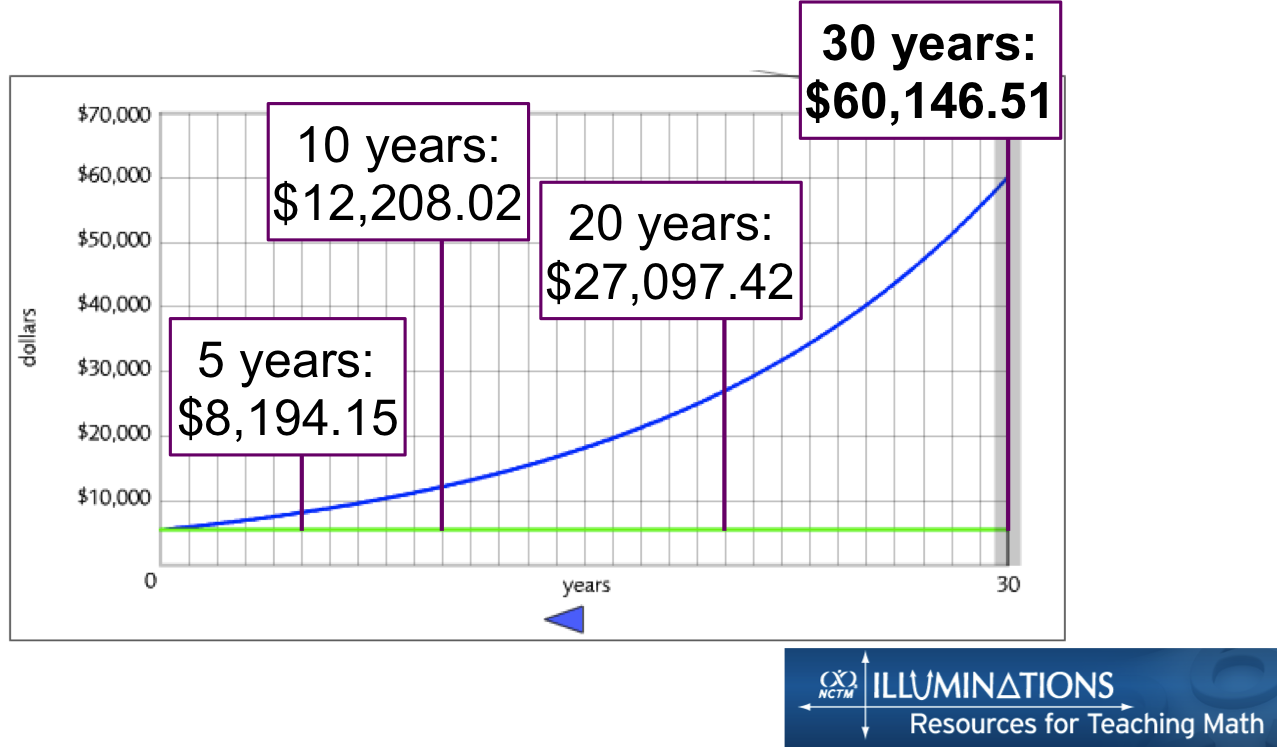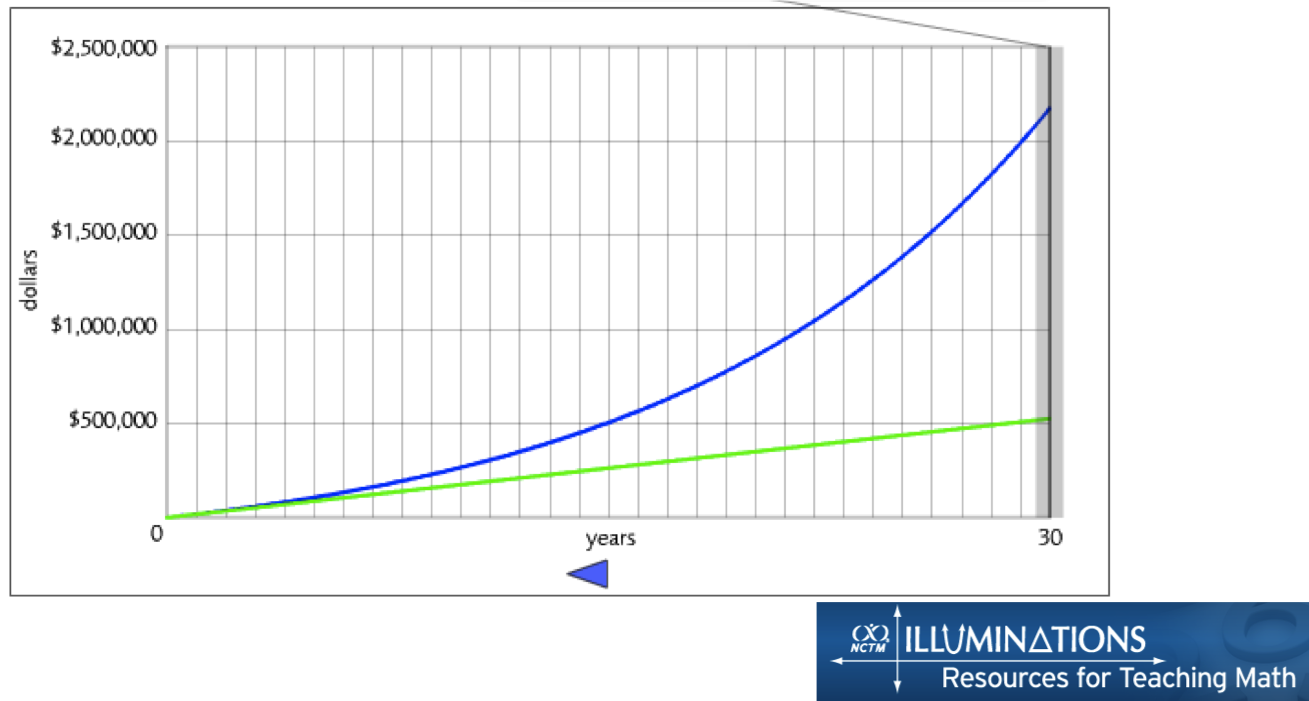
A very common issue for graduate students, postdocs, and PhDs just starting out in their Real Jobs who are ready to start investing is that they have only a small amount of savings to contribute to their investment accounts or they have no savings but have identified some monthly cash flow. While some brokerage firms have minimum account balances of one or a few thousand dollars, others have no minimum or waive the minimum if a monthly deposit is initiated. This post outlines the minimum amounts of money needed to open accounts at various brokerage firms. This information was last updated on 1/17/2018.
| Brokerage Firm | IRA Minimum | Taxable Account Minimum |
| Vanguard | $1,000 or $3,000 for mutual funds; ETF price for ETFs (~$50+) | $1,000 or $3,000 for mutual funds; ETF price for ETFs (~$50+) |
| Fidelity | $0 to open, but perhaps more to buy | $2,500 |
| Charles Schwab | $1,000, possibly waived with ongoing contribution | $1,000 or none with $100/mo ongoing contribution |
| T. Rowe Price | $1,000 | $2,500 |
| TD Ameritrade | none | none |
If you don’t have enough existing savings to open an investment account (at your brokerage firm of choice), you should just continue to gradually build up their savings balance until it reaches the minimum or the minimum decreases. You can do so either in cash-equivalents (a checking or savings account) or at another less desirable brokerage firm with no minimum or a lower minimum that you can meet.








